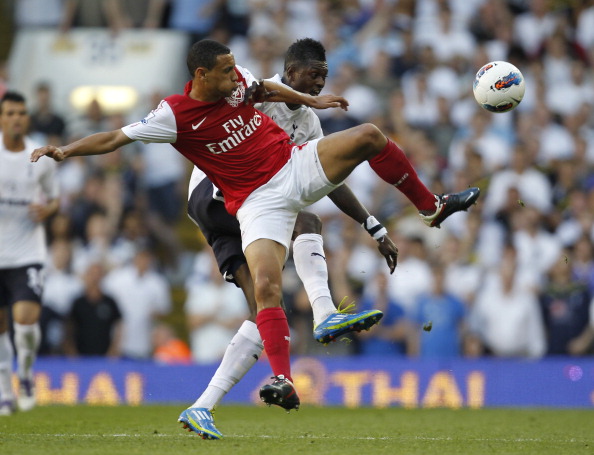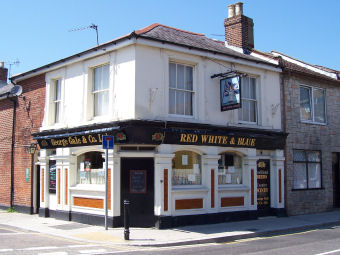By Andrew Warshaw
October 4 – After a five-year campaign to defy Big Brother, a suburban English landlady today won her battle to screen authorised live Premiership football in a landmark case described as the Bosman of broadcasting.
The European Court of Justice (ECJ) in Luxembourg ruled that a system for the broadcasting of football matches in different EU countries was “contrary to EU law”.
The verdict, following a highly publicised case brought by Karen Murphy, who runs a pub in Portsmouth in the southeast of England, could serve as an historic precedent, effectively allowing pubs and clubs throughout the UK to screen top-flight games without fear of prosecution.
Murphy has paid thousands of pounds in fines for showing Premier League matches via a Greek satellite decoder and breaking copyright law in the process.
She appealed to the ECJ – a court reserved only for the most complex and important cases of European law – and earlier this year a non-binding opinion from advocate general Juliane Kokott backed her case.
Sky and ESPN have the exclusive broadcast rights to Premier League football in the UK but for years matches have been screened using imported satellite decoder cards by pubs and clubs unwilling to pay the monthly subscription fees.
Today’s verdict could now pave the way for Saturday afternoon restrictions to be legally ignored by landlords using cheaper foreign satellite services.
As a result, the future value of the Premier League’s broadcasting rights are bound to be seriously undermined – with clubs taking a massive hit in revenue.
Murphy says she and others have to use foreign cards because they simply cannot afford to pay a Sky subscription even though this puts them in breach of UK copyright law.
Today’s landmark judgement declared: “The Court of Justice holds that national legislation which prohibits the import, sale or use of foreign decoder cards is contrary to the freedom to provide services and cannot be justified either in light of the objective of protecting intellectual property rights or by the objective of encouraging the public to attend football stadiums.”
In an attempt to recognise strict copyright laws, the judgement added: “The screening in a pub of football match broadcasts containing protected works requires the authorisation of the author of those works.”
Such “protected works”, said the judges, could include the opening video sequence or the Premier League anthem, which is a matter for copyright.
But not, it would appear, the action itself.
It is this significant rider that now becomes the next battleground in terms of what is and is not deemed legal.
At stake in a complex case is the entire landscape of broadcasting rights, with the Premier League watched in 211 countries and worth £1.4 billion ($2.2 billion/€1.6 billion).
“I think it’s unjust,” Murphy said earlier this year.
“I think it’s a greedy private company trying to dictate to the small people what they can and cannot do, purely for profit.
“If I don’t fight who is going to fight?”

This is because the Premier League wants to encourage attendance at live games.
However, European broadcasters do not have to abide by this restriction and the foreign decoders allow landlords to show games that are prohibited to Sky subscribers.
The repercussions of today’s ruling could be widespread in terms of clubs’ income.
The money generated from the sale of Premier League rights has revolutionised the English game, generating millions of dollars and turning it into the biggest global football brand on the planet.
Murphy’s lawyer, Paul Dixon, told the BBC that she was “overwhelmed with relief”.
The ECJ findings will now go to the High Court in London.
“It’s been a long road for her but she’s delighted to be getting the case back to the High Court now in London where it will be finalised,” Dixon said.
Sky has pumped billions into top-flight English football since the Premier League was founded in 1992, allowing clubs to buy some of the top names in the world but the ECJ decision could trigger a major shake-up.
“It will mean increased competition in the broadcast market that’s for sure,” Dixon added.
Contact the writer of this story at zib.l1734870773labto1734870773ofdlr1734870773owedi1734870773sni@w1734870773ahsra1734870773w.wer1734870773dna1734870773
Related stories
July 2011: Committee backs Premier League in fight against Portsmouth landlady screening live games
May 2011: Bundesliga executive wary of “Murphy Ruling” impact on top European clubs
February 2011: It’s all Greek in broadcast battle for pub landlady
October 2010: Landmark ruling set in row over Sky pub screenings

